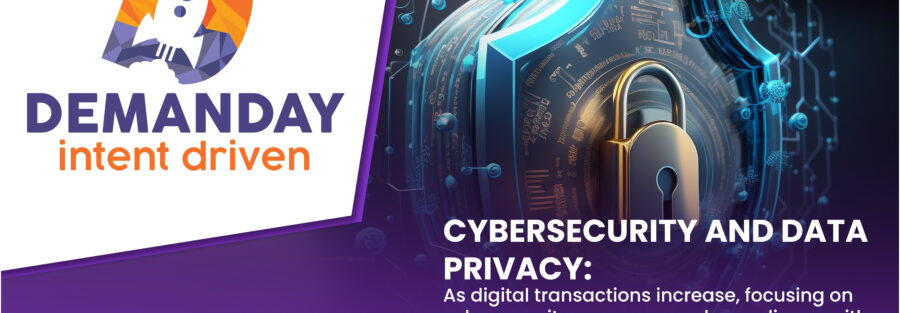Cybersecurity and Data Privacy
cybersecurity and data privacy are paramount in today’s digital age. As digital transactions continue to grow in volume and complexity, organizations must prioritize these aspects to safeguard sensitive information and maintain the trust of their customers. Here are some key points to consider:
- Data Protection Regulations: Stay informed about the latest data protection regulations and compliance requirements, such as the General Data Protection Regulation (GDPR) in Europe and the California Consumer Privacy Act (CCPA) in the United States. Complying with these regulations is not just a legal requirement but also essential for maintaining trust with your customers.
- Data Encryption: Ensure that data is encrypted both in transit and at rest. Encryption helps protect data from unauthorized access and makes it unreadable to anyone who doesn’t have the decryption keys.
- Access Controls: Implement strict access controls to limit who can access sensitive data. Use strong authentication methods, such as multi-factor authentication (MFA), to ensure that only authorized personnel can access critical systems and information.
- Regular Software Updates: Keep all software and systems up to date with the latest security patches. Cybercriminals often exploit known vulnerabilities, so timely updates are crucial.
- Employee Training: Conduct regular cybersecurity training for employees to raise awareness about potential threats like phishing attacks, malware, and social engineering. Employees should know how to recognize and respond to these threats.
- Incident Response Plan: Develop and regularly update an incident response plan. This plan should outline the steps to take in the event of a data breach or cyberattack, including communication with affected parties and regulatory authorities.
- Data Minimization: Collect and retain only the data that is necessary for your business operations. This reduces the potential impact of a data breach and ensures compliance with privacy regulations.
- Third-Party Vendors: If you work with third-party vendors who have access to your data, ensure they also have strong cybersecurity measures in place. You are responsible for the security of your customers’ data, even when it’s in the hands of third parties.
- Regular Audits and Assessments: Conduct regular cybersecurity assessments and audits to identify vulnerabilities and areas for improvement. This proactive approach helps you stay ahead of potential threats.
- Privacy by Design: Incorporate privacy and security considerations into the design of your products and services from the beginning. This approach, known as “privacy by design,” helps prevent issues rather than reacting to them later.
- Data Backups: Regularly back up critical data and test the restore process. This can be invaluable in the event of data loss due to a cyberattack or other unforeseen circumstances.
- Continuous Monitoring: Implement continuous monitoring systems to detect and respond to security threats in real-time. These systems can help identify and mitigate threats before they cause significant damage.
In summary, cybersecurity and data privacy are not optional in today’s digital landscape. They are fundamental components of business operations that protect sensitive information, preserve trust, and ensure compliance with regulations. A proactive and comprehensive approach to cybersecurity is essential for the long-term success of any organization.



